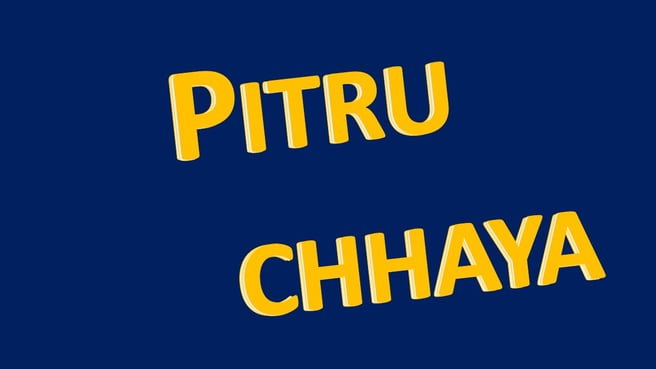Vyasaya Vishnu Roopaya
.
TRADITIONAL LEARNINGS
Vyasa is considered to be one of Vishnu’s avatars. He is the great sage who gave us the epic of Jaya, popularly known as Mahabharata, and ‘ashta+dasha’ (8+10=18) Puranas. The Purnima day that happens in the month of Ashadha (typically July) is marked as the avatarana day of Vyasa and is celebrated as ‘Vyasa Purnima’.
Vyasa Maharshi has a great family lineage. Arundhati and Vashishta are celebrated as an ideal couple and we invoke them in our pujas. Their son was Shakti and his son was Parashara. Parashara learned the Veda in his mother’s womb. He and Satyavati are the parents of Vyasa. As Vyasa was born on a dark (Krishna) island (Dweepa), he was called ‘Krishna+Dwaipayana’. As he composed great literature, he was called Vyasa. Before the time of Vyasa all the four Vedas, as these are known now, were together. As the Kaliyug was approaching and a single person memorizing (Shruti) the whole Veda was challenging, Vyasa segregated the Veda into four, Rig, Sama, Yajur, and Atharva. He gave these to four of his principal disciples to carry forward. Due to the act of organizing Veda, he came to be known as ‘Veda Vyasa’.
Vyasa’s father Parashara himself was a learned sage. The popular school of Vedic Astrology we practice now is called ‘Parashari’, meaning the method given by Parashara. Vyasa being the son of Parashara we refer to him as ‘Parashara+Atmajam’, meaning Parashara’s son. Shuka was the son of Vyasa. Shuka was also a great scholar and born detached. It was Shuka who learned the Shri Bhagavata Purana from Vyasa and narrated it over seven days to Raja Pareekshit. This tradition of rendering Bhagavata over one week is called ‘Bhagavata Saptaham’ and is carried out even now.
Vyasa’s contribution to the preservation of our tradition through the creation of literature helped the dharma continue. As Vedic literature is difficult for the majority of people to follow and even appreciate, Vyasa gave us Epics and Puranas. Generations have grown up with epic and puranic stories told to them by their grandparents and elders. This ensured ethical conduct and sustainable practices prevail in our society. On the occasion of Vyasa Purnima, the grateful nation offers pranams to ‘Vyasaya Vishnu Roopaya’.
